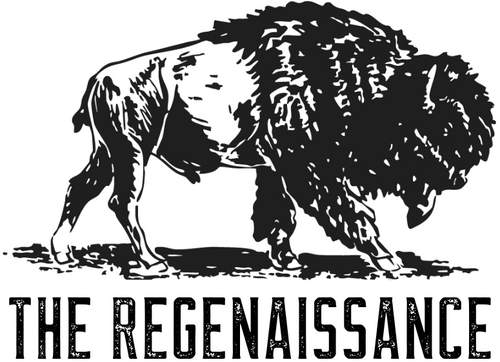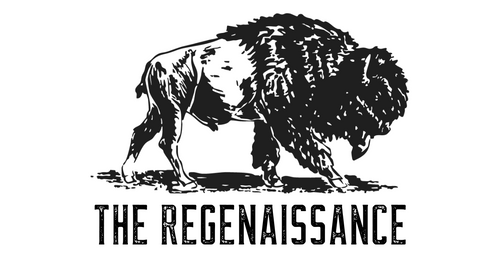English farmers are facing a radical shift. The Labour government has unveiled a land-use framework that could pay some farmers to stop food production on marginal land and instead convert fields to wildlife habitat, woodlands, and peat bogs. Officials argue this will boost biodiversity and help meet climate targets but farmers warn it could spell disaster for food sovereignty and rural livelihoods.
What the Policy Proposes
Under the plan, the Department for Environment, Food & Rural Affairs (DEFRA) would identify the least productive farmland and incentivize its owners to take it out of production. Payments would reward landowners for “rewilding” with wildflower strips, tree planting, or carbon-rich peat restoration. In theory, yields on the most fertile land would rise, maintaining total food output while shrinking farming’s footprint.
The government has pledged £2 billion annually through 2029 for Environmental Land Management schemes (ELMs), but environmental groups like the RSPB say at least £3 billion is needed to hit biodiversity goals. Farmers fear that without ongoing support, many businesses (especially upland sheep and cattle farms) could collapse.
Farmers’ Concerns
For many rural communities, the idea of a “farmland food production ban” feels like a threat to survival. The National Farmers’ Union (NFU) and the Tenant Farmers Association warn that taking land out of production could:
-
Reduce domestic food supply and increase reliance on imports
-
Drive up food prices for UK consumers
-
Undermine farm businesses already squeezed by rising costs
-
Cut rural jobs and weaken supply chains in fragile regions
Some farmers also distrust the scheme after years of shifting subsidy rules. One organic dairy farmer described the uncertainty as “stagnant,” halting investments in both food and conservation.
Environmentalists’ View
Conservation groups argue the policy is overdue. With 67% of England’s land farmed, they see nature-friendly farming as the biggest opportunity for recovery. Supporters point to science showing that a significant share of farmland produces very little food but could deliver huge benefits if restored to nature—improving soil, capturing carbon, and reducing floods.
Still, even supporters question whether DEFRA’s budget will match the ambition, or whether Britain will simply outsource food production to countries with weaker environmental standards.
Economic Ramifications
Economists warn that taking 10–15% of farmland out of production could push Britain deeper into food import dependency...it's already near 50%! While rewilding might create eco-tourism jobs, they won’t fully replace lost farm income or maintain vibrant rural economies. Land values could also fall, except for estates speculating on future “carbon credits.”
The Bigger Debate: Regenerative Farming vs. Rewilding
At its core, this debate pits two visions of the countryside against each other. Many farmers argue for regenerative agriculture integrating wildlife and soil health into active farming rather than abandoning fields altogether. Others believe rewilding is essential for climate and biodiversity targets.
The tension reflects a broader question: can Britain balance food security with nature recovery, or will one be sacrificed for the other? The coming months will be crucial as DEFRA publishes maps, funding rules, and implementation plans.





